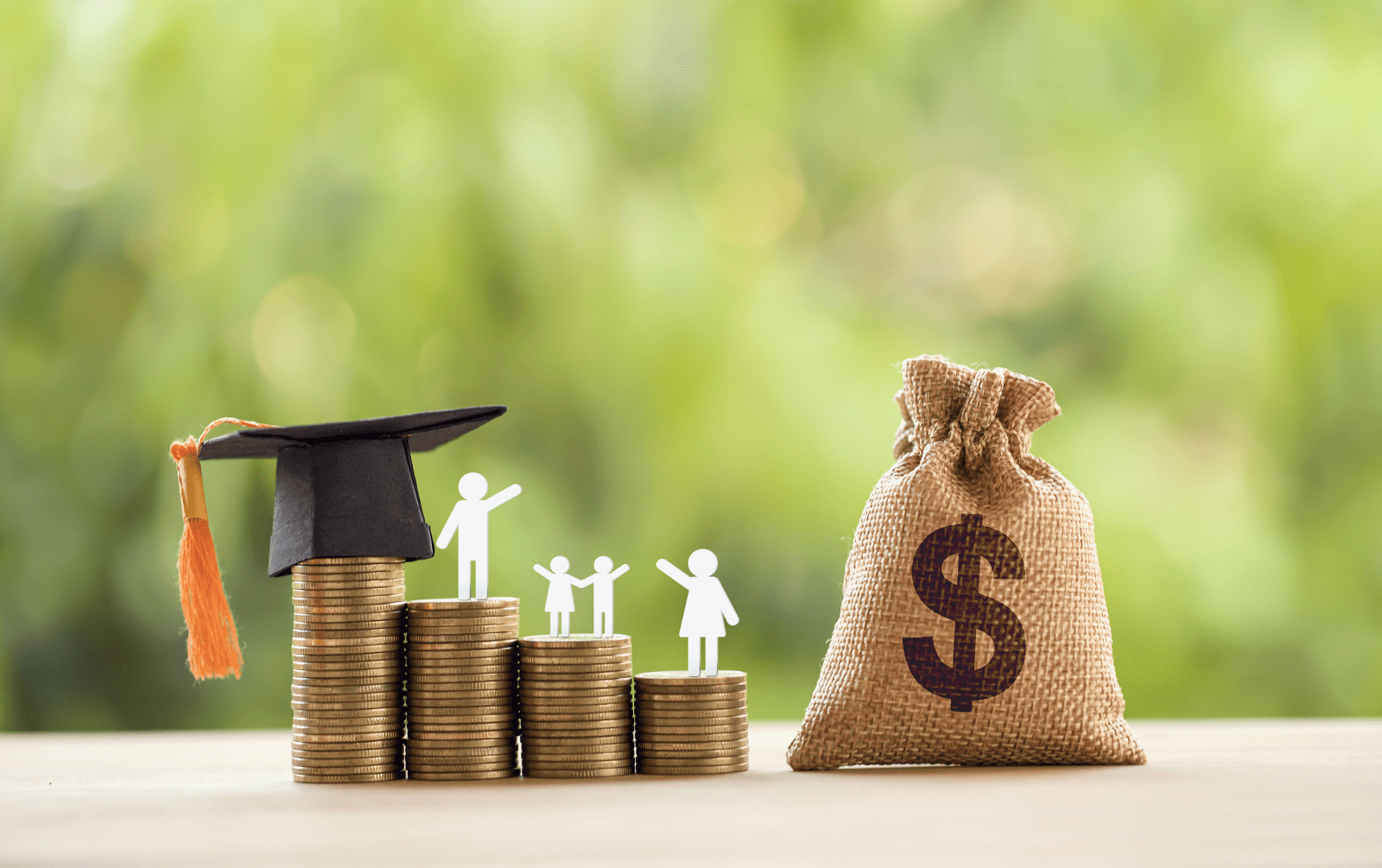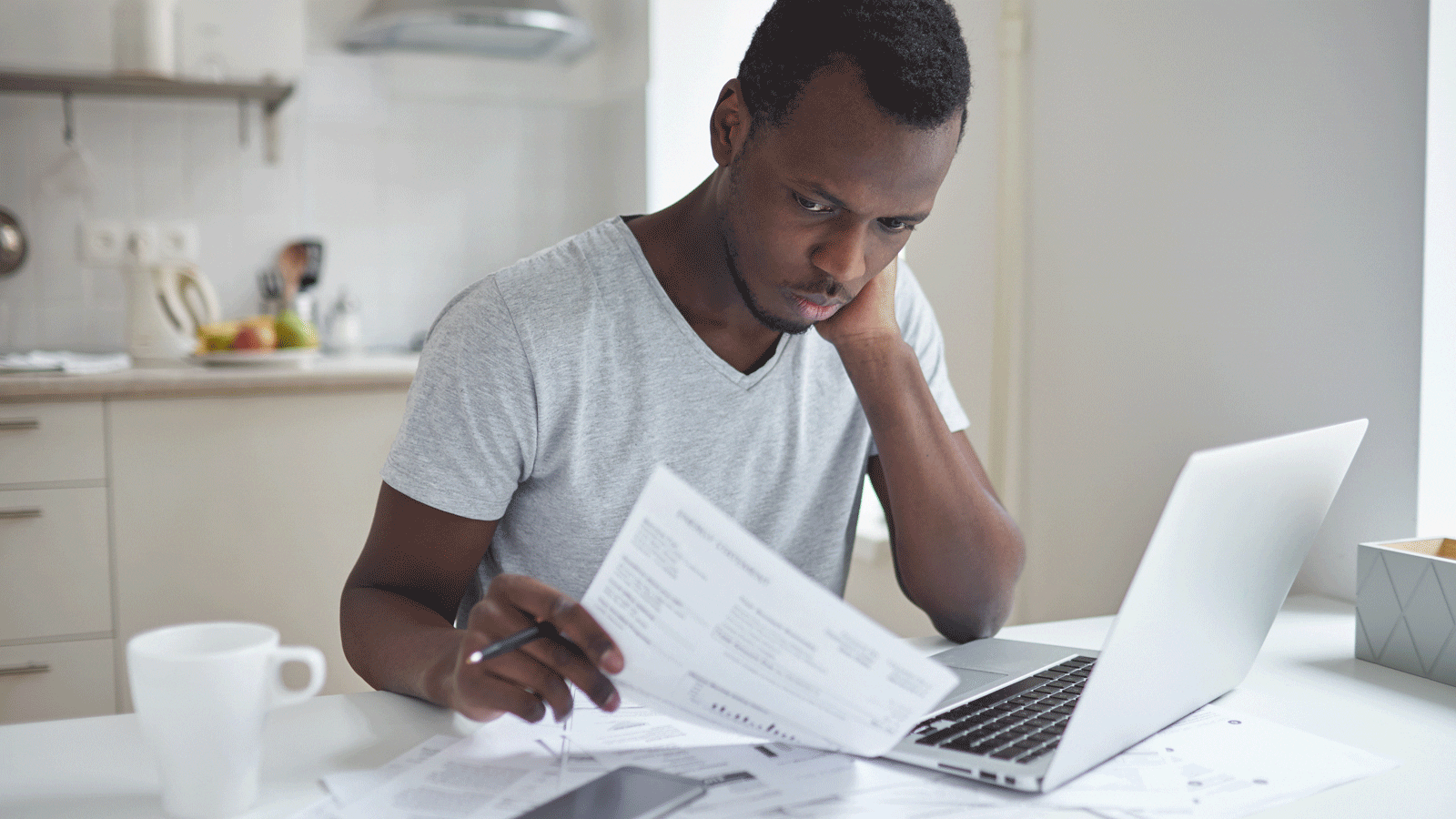
Get stories and expert advice on all things related to college and parenting.

By Tracy Odell
Student loans and Parent Plus loans are a necessity for many families when it comes to affording today's college tuition. In fact, Americans collectively owe over $1.7 trillion in student debt.
If your student has student loans, there could be relief on the horizon for student borrowers. Parent borrowers might not be quite so lucky — more on that below.
You may have heard that the Biden administration and Democratic members of Congress are pushing for student loan debt cancellation, but there are other changes being discussed that could also impact student loan repayment in major ways.
This is probably the most broad-reaching of the changes being discussed. President Biden has spoken about relieving $10,000 in federal student loans for borrowers. Other members of Congress, including Majority Leader Sen. Chuck Schumer, have suggested a higher amount — up to $50,000.
There are a lot of unknowns about what a final plan might look like, but here's how it's shaping up:
The joy of having your loans forgiven can be short-lived when you open the hefty tax bill that follows. Currently, borrowers owe taxes on the amount of student loans forgiven, putting some in a jam. Although they no longer have to worry about paying their student loans, they now need to figure out how to pay this tax.
Biden favors a plan to remove taxation on student loan forgiveness, with some caveats:
It's unclear how soon a plan like this could take effect because there are questions around who can actually forgive these loans and how it would work. It's possible that President Biden will use executive action to forgive the debt. If he does that, the changes could happen quickly.
But some question the legality of using executive action in this way. If Biden decides that the way to forgiveness is through legislative action, it could take longer for a bill to work its way through Congress and be passed by both the House and Senate.
Another idea being floated around Washington is creating new opportunities for borrowers to earn debt forgiveness in exchange for public service.
The current Public Student Loan Forgiveness program has some serious flaws. The concept is pretty simple — work at a not-for-profit or government organization while making eligible loan payments for 120 months and your loans will be forgiven. But there are a lot of details that trip up borrowers — things like making payments on the wrong loans, choosing the wrong repayment plan, or just forgetting to submit paperwork along the 10-year journey.
To date, less than 3% of those who've applied for PSLF have had any loans forgiven.
Income-based repayment plans are also good in theory, but confusing in execution. These plans can be a good option if you're having trouble making your payments, but there are several options available, all with different repayment terms.
Biden has proposed simplifying the repayment system. Here's how it would work: If you make more than $25,000 per year, you'd pay a set 5% of your discretionary income toward your student loans each month. If you make these payments for 20 years, any remaining loan balance would be forgiven.
Student loans are some of the toughest loans to get rid of. Even declaring bankruptcy isn't enough to discharge student loans under current student loan bankruptcy laws.
Biden has indicated he'd like to make it easier to discharge student loans — including private loans — when someone declares bankruptcy.
Loan forgiveness can come with a huge and unexpected tax bill for student borrowers. That's because borrowers typically have to pay taxes on the amount forgiven. Let's say you have $100,000 in student debt that is forgiven. You'd be taxed on that $100,000 at your normal income tax rate. If your rate is 20%, you'd be looking at a hefty $20,000 tax bill.
But there's good news on this front. In the pandemic relief package passed by Congress in March of 2021 (the same one that included those $1,400 stimulus payments), there's a provision to help. Borrowers no longer have to pay tax on loans that are forgiven — at least until 2025 when this provision is set to expire.
There are a lot of ideas around helping student borrowers, but also a lot of uncertainty around what or when changes might actually come to fruition. If you're betting on loan cancellation becoming reality, it could be a good idea to take advantage of the current forbearance period for federal loans. Due to the pandemic, all federal loans are automatically in forbearance until Sept. 30, 2021. If your child's loans are in forbearance, they don't need to make payments and their loans won't accumulate interest. Instead they could take the money they'd normally use to pay their loans and use it to build an emergency fund or save for retirement.
If you're not as optimistic about student loan cancellation happening or your child has a high loan amount, this forbearance period could be an opportunity for your child to pay off their loans faster while there's no interest accumulating.